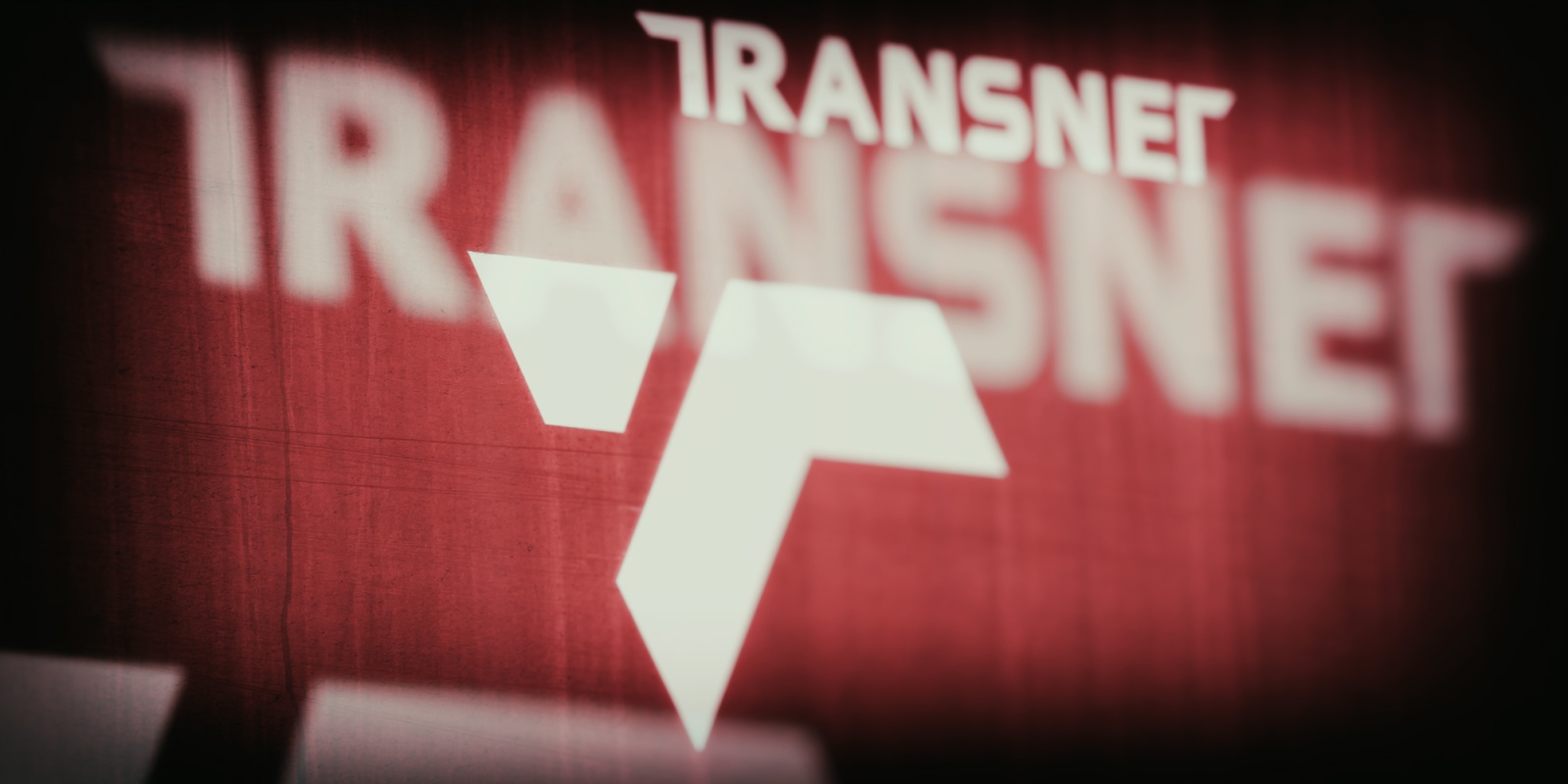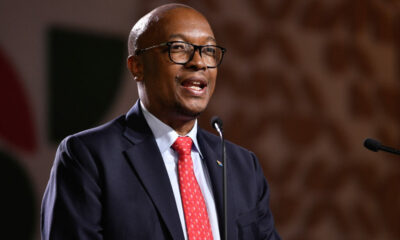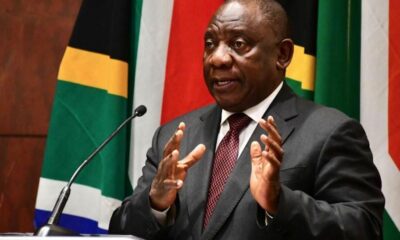Business
Transnet’s Billion-Rand Breakdown: How a Rail Giant Got Derailed

As South Africa’s rail and ports operator bleeds billions, government scrambles to stop the slide
For a country built on the back of mining, manufacturing and moving goods, South Africa’s rail and ports operator Transnet was once a lifeline. Today, it’s bleeding out—financially and operationally, costing the country a jaw-dropping R1 billion a day, according to Transport Minister Barbara Creecy.
In a recent episode of PSG’s Think Big series, Creecy laid bare the scale of the crisis facing one of South Africa’s most crucial state-owned enterprises. And the numbers are not just grim, they’re devastating.
The Vicious Cycle Draining the Nation
Transnet’s collapse has been years in the making. Its inability to run an efficient rail and ports system has pushed businesses to find workarounds, opting for road transport and even using ports in neighbouring countries like Namibia and Mozambique.
This shift away from Transnet means less revenue, and with less revenue comes less investment in fixing what’s broken. The result? An endless downward spiral.
In the 2024 financial year, Transnet posted a R7.33 billion loss. Its debt is ballooning, operations are deteriorating, and confidence is at an all-time low.
Moody’s Red Flag and the R51 Billion Lifeline
In May 2025, Moody’s Ratings sounded the alarm, warning that Transnet could run out of money to keep operating or even pay its debts, within three months.
To avoid a full-blown collapse, the National Treasury stepped in, offering Transnet a R51 billion guarantee facility. This was not a cash injection, but a guarantee that allowed Transnet to refinance its debts and remain operational, for now.
Creecy called the support “critical” but admitted that it’s not enough. It’s a bandage over a deep wound.
Taxpayers Are Footing the Bill
There’s no sugar-coating it, this guarantee is coming at a heavy cost to the already strained national budget. And for many South Africans, it raises uncomfortable questions:
How much more money will be poured into broken state enterprises before we see real reform?
Rail Reform or Bust
Instead of throwing more taxpayer money directly at Transnet, the Finance Minister has pointed the operator toward the Budget Facility for Infrastructure (BFI) a stricter funding mechanism that supports viable infrastructure projects based on merit, not history.
Creecy confirmed that Transnet has applied to the BFI for what she calls a “short-term infrastructure injection.” The goal? Fix key parts of the rail network quickly, improve reliability, and start to win back customers.
But long-term recovery will take more than new tracks and maintenance.
A New Vision: Infrastructure Provider, Not Operator
Creecy offered a glimpse into Transnet’s potential future. Rather than running everything itself, Transnet would become more of a national rail landlord providing infrastructure access to third-party freight operators.
“Transnet Freight will still exist,” Creecy said, “but there will be other freight operators on the network. Transnet would earn revenue from access fees.”
It’s a model used successfully in other countries, but here, implementation is complex and slow. Approving third-party operators can take years, and Transnet is in a race against time.
Public Reaction: Confidence at a Low Point
On social media, South Africans weren’t sold.
One user wrote on X:
“It’s not just about funding. It’s about trust. If Transnet was a private company, it would’ve folded by now.”
Another commented:
“Why are we still surprised? Eskom, SAA, now Transnet. Same script, same cast.”
The public sentiment is clear: without structural change and clear accountability, throwing money at Transnet is seen as delaying the inevitable.
Fix the Engine, Not Just the Paint
Transnet’s failures are costing South Africa more than just lost revenue, they’re shaking investor confidence, increasing logistics costs, and making it harder for the country to grow its economy.
Creecy’s efforts to steer reform are welcome, but the clock is ticking. If Transnet can’t pull itself out of this spiral, the consequences will ripple far beyond rail yards and shipping docks. They’ll be felt in food prices, job losses, and economic stagnation.
South Africa doesn’t just need a functioning rail system, it needs one that works for the future.
{Source: Daily Investor}
Follow Joburg ETC on Facebook, Twitter , TikTok and Instagram
For more News in Johannesburg, visit joburgetc.com



























